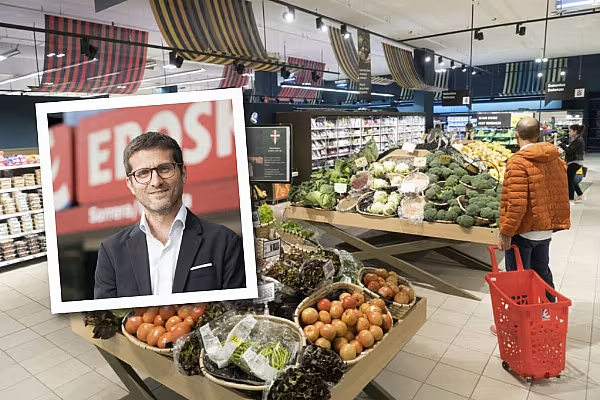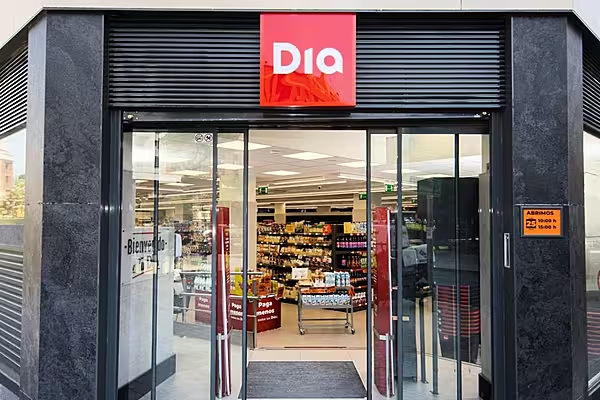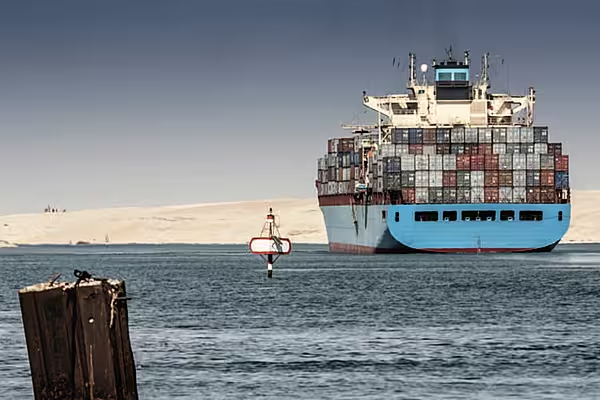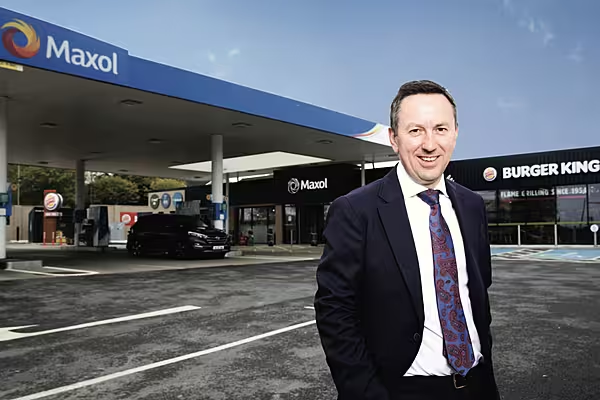As part of our Retail Technology report, ESM reached out to leading retail executives to get their perspectives on several salient topics when it comes to digital transformation – including David Sánchez, Innovation And Digital Development Manager, EROSKI. This article first appeared in ESM's March/April 2024 edition.
Spanish retailer EROSKI recently launched its new Venture Program, focusing on open innovation and collaboration with start-ups, which will help the retailer “expand our technological know-how and capabilities” by providing direct access to innovation and disruptive technologies, according to David Sánchez, the group’s innovation and digital development manager.
At the same time, the new platform will promote a “continuous innovation culture within the organisation,” Sánchez adds, building more adaptability into existing structures, as well as more agile and flexible work methodologies.
Do you think that we have reached a tipping point in terms of technology adoption by retailers, and if so, why?
Indeed, we have reached a tipping point in terms of technology adoption, driven by the need to adapt to the changing expectations of consumers, who demand more personalised, convenient and efficient shopping experiences; by the growing digitalisation of the shopping experience and omnichannel; and by the importance of automation and robotisation, for operational efficiency.
At the same time, we must not lose sight of the emerging opportunities in generative artificial intelligence, to generate value in a transversal way, as well as the growing competition – not only from other traditional retailers, but also from e-commerce giants.
How do you expect data analytics and insights to shape decision-making processes for supermarkets in the future?
Data analytics and the knowledge derived from it will play a key role in supermarkets’ future decision-making processes, enabling them to offer personalised and convenient shopping experiences based on consumers’ lifestyles and improve their operational efficiency through the optimisation of the value chain, from logistics to the point of sale – for example, by optimising inventories on the basis of accurate demand forecasts or reducing costs through the identification of inefficiencies and improvement opportunities.
To what degree do you think that artificial intelligence and machine learning will influence the retail industry over the coming years?
Artificial intelligence and machine learning will have a significant influence on our sector in the coming years, as they will enable process automation, from inventory management to customer service. They will also improve the ability to predict changes in the market, consumers’ needs, and to personalise, even in real time, product offerings.
Likewise, these tools will facilitate the development and validation of new business models in food distribution, and beyond.
What challenges, if any, do you anticipate for retailers in terms of integrating new technologies into their operations?
The challenges we anticipate include fostering an open and collaborative mindset throughout the entire organisation and maintaining a sustainable approach in all innovation projects, even when they are not the main focus of innovation. Handling the collection, analysis and protection of consumers’ data adequately and guaranteeing cybersecurity will be crucial.
Moreover, the initial investment, as well as the maintenance of advanced technologies, may be significant. To this we have to add the skills gap, as the adoption of advanced technologies requires staff qualified for their effective management. We are committed to promoting and managing specialised talent, as we think it will be increasingly scarcer in the coming years.
Addressing these challenges and seizing the opportunities offered by emerging technologies will be key for distribution operators to remain competitive and relevant in the future.














